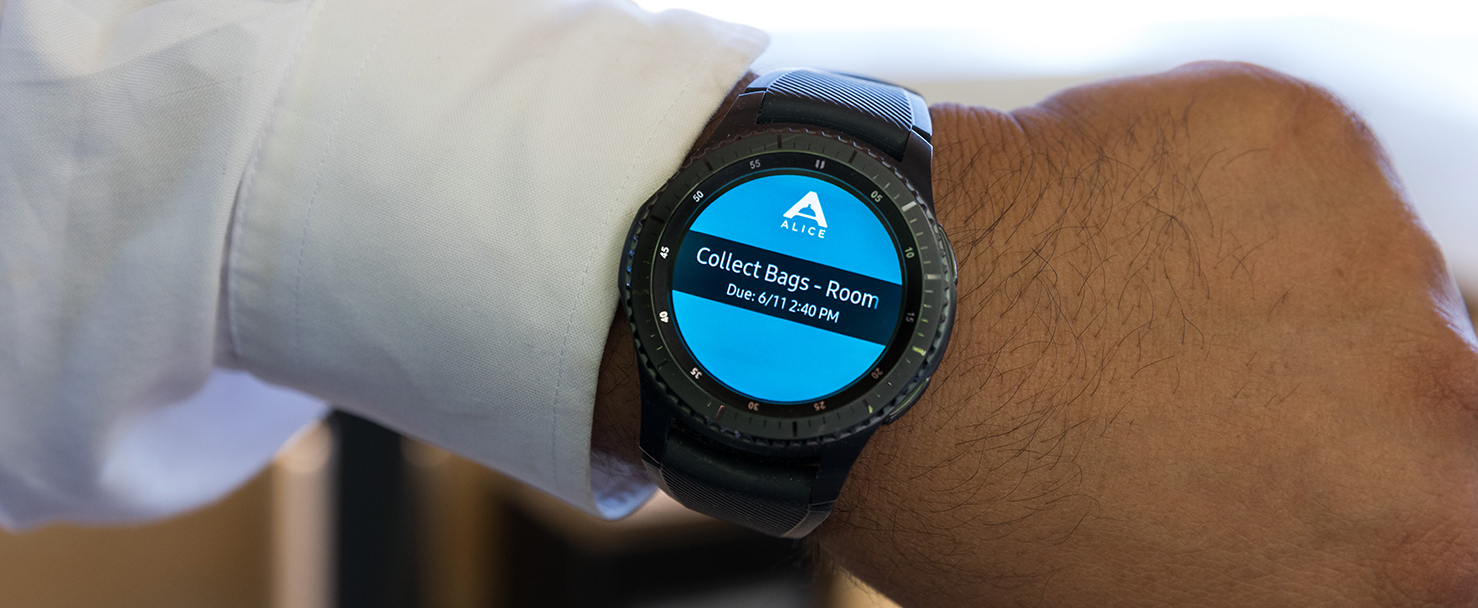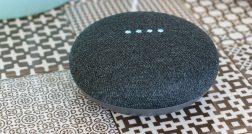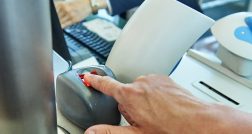How Smartwatches Are Changing Resort Operations
Wearable technology is freeing up hands—and valuable staff time.
More than 141 million smartwatches will be sold globally this year, up from four million in 2014, according to consumer data website Statista.com. Smartwatch adoption shows no signs of slowing down, and wrist-worn devices are becoming increasingly common in the hospitality industry. Carnival Cruises’ Ocean Medallion wearable has made waves, and Universal Orlando launched its TapuTapu wearable system last year. Now wearable tech is coming to resort staff’s wrists as well as guests’.
Alice, a developer of hospitality platforms, has teamed up with Samsung to develop a system that allows resort staff to communicate with one another and quickly attend to requests via vibration alerts on their wrists. Imagine this scenario, suggests Giorgio Bentrovato, director of content marketing at RCI: “The guest needs a new set of towels, or allergy-friendly linens; the front desk enters the request into the back-end system, and the work order is routed to the proper person. This eliminates the need for multiple calls and, as we have heard in the past, radio announcements to “Bring sheets to room 103!” Tasks can be managed more efficiently with the back-end software, and overall management can focus on providing world-class customer service versus the additional work of managing the tasks through custom-made workflows.”
The cloud-based platform can also be accessed via a downloadable app, which means that managers can track tasks in real time wherever they are. The smartwatch frees workers’ hands, allowing for easier eye contact, “enabling that smile of welcome in the eyes that connects guest and hospitality staff,” says Lola Feiger, director of marketing for Alice. Less time spent wrangling back-of-house work assignments frees staff to spend more time communicating with guests before, during, and after their stay, helping improve customer satisfaction.
Image credit: Jenn Harrington




